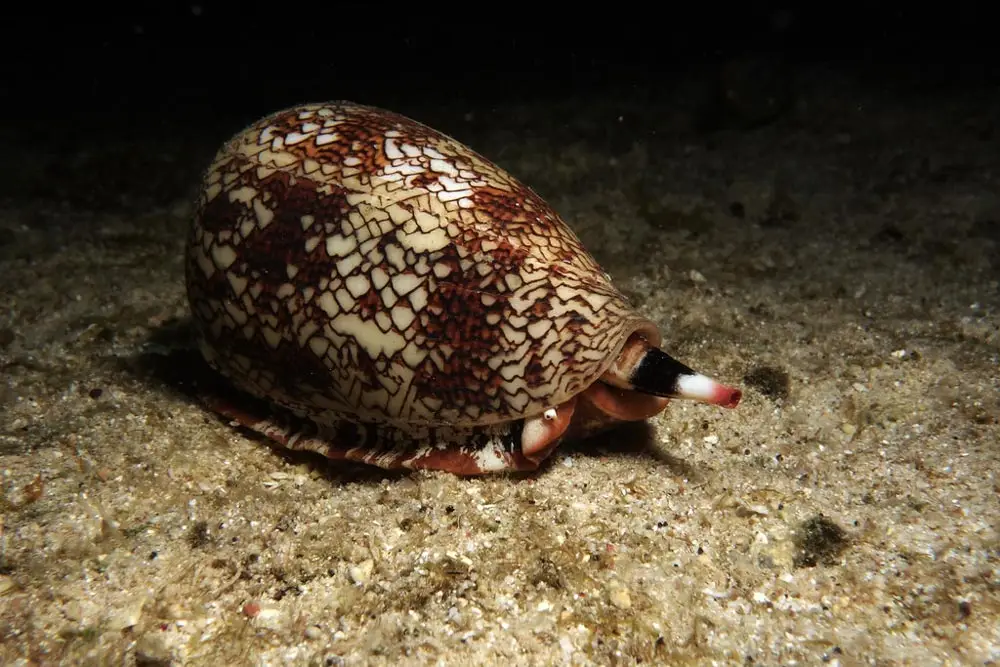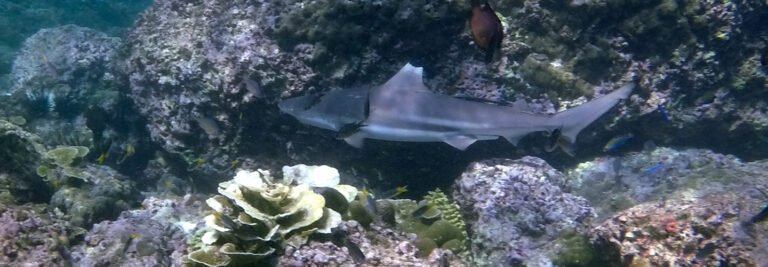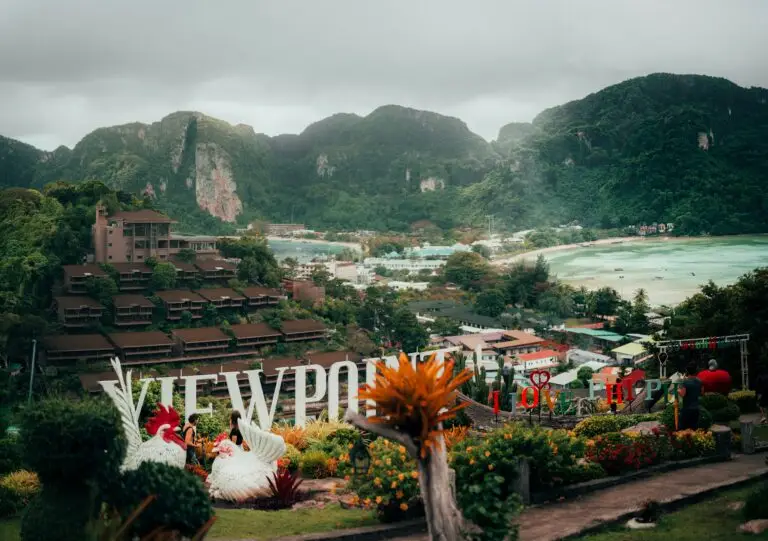Thailand’s breathtaking beaches and vibrant marine life attract visitors worldwide. While the allure of collecting souvenirs is strong, understanding the ecological impact and potential dangers is crucial. In this blog post, we’ll delve into Thailand’s souvenir laws, emphasizing the preservation of marine life. Additionally, we’ll shed light on the hidden dangers of unintentionally picking living organisms, focusing on the perilous textile cone shells and their deadly neurotoxins.
The Fragile Ecosystems of Thailand
Thailand’s beaches and coral reefs are integral components of its marine ecosystems. These environments support a diverse range of marine life, including colorful coral formations, unique shells, and pristine sands. Disturbing these ecosystems can have detrimental effects on the delicate balance that sustains marine biodiversity.
Impact on Coral Reefs
Coral reefs, often referred to as the “rainforests of the sea,” are particularly vulnerable to human interference. Taking coral as a souvenir can cause physical damage to the reefs, disrupting the growth patterns and leaving them susceptible to diseases. Additionally, coral plays a crucial role in providing habitats for countless marine species.
Threats to Shells and Marine Life
Collecting shells from beaches may seem harmless, but it can have a significant impact on local ecosystems. Shells serve as homes for small marine organisms, and removing them disrupts these habitats. Furthermore, many marine organisms rely on shells for protection, and their removal can expose them to predators.

The Textile Cone Shell: A Deceptive Danger
Among the stunning shells found on Thailand’s shores, the textile cone shell stands out. While its intricate patterns may seem harmless, this shell is home to a highly venomous creature. Picking up a living textile cone shell can lead to a dangerous encounter with its deadly neurotoxins, posing a severe threat to unsuspecting individuals.
Recognizing the Risks
Educating oneself about the potential dangers of handling marine life is essential. Many species, like the textile cone shell, use toxins for defense. Encountering such organisms without proper knowledge can result in harmful consequences. For this reason it is great to get inside news regarding potentially dangerous sea life and sea conditions from a reputable dive center or business before you enter the water in Thailand.
The Importance of Sand in Coastal Stability
Beaches are not just picturesque landscapes but vital components of coastal stability. Sand acts as a natural barrier, protecting coastal areas from erosion and storm surges. Taking sand from beaches can contribute to erosion, affecting the natural balance and leading to potential long-term consequences for coastal communities.
Conservation Laws in Thailand
Recognizing the ecological significance of its natural resources, Thailand has implemented strict conservation laws. The collection of sand, shells, or coral is prohibited to safeguard the country’s rich biodiversity and preserve its natural beauty for future generations.
Educating Travelers for Sustainable Tourism
Understanding the rationale behind these regulations is crucial for promoting sustainable tourism. Travelers can contribute to conservation efforts by respecting local laws and participating in eco-friendly activities that support the protection of marine environments.
While the temptation to take a piece of Thailand’s natural beauty home is understandable, it’s essential to recognize the environmental impact of such actions. By refraining from collecting sand, shells, or coral, travelers play a vital role in preserving the ecological integrity of Thailand’s coastal areas. Embracing sustainable tourism practices ensures that these breathtaking landscapes and diverse marine ecosystems continue to thrive for years to come. .


